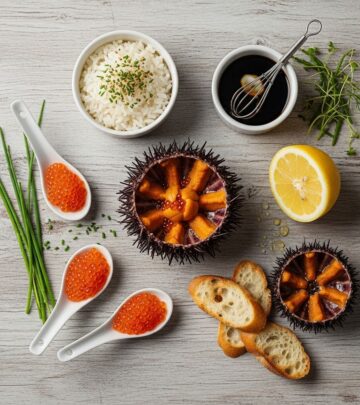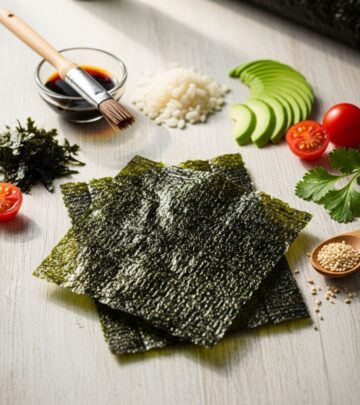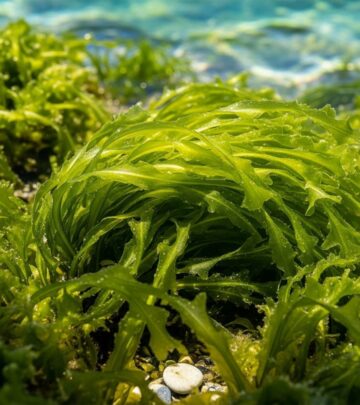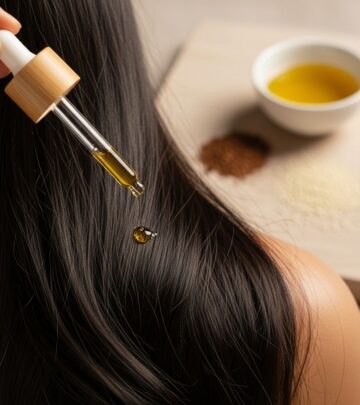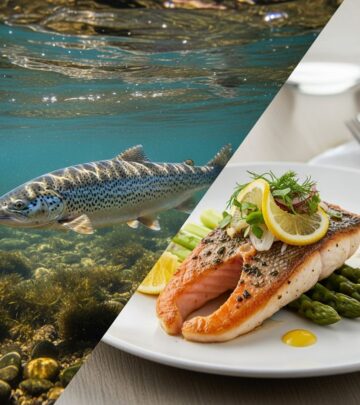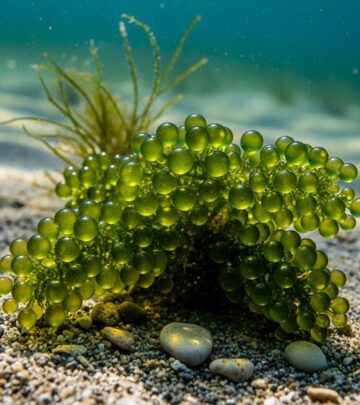Royal Jelly: Health Benefits, Uses, and Side Effects Explained
Discover how this bee-derived superfood nourishes your body from within.
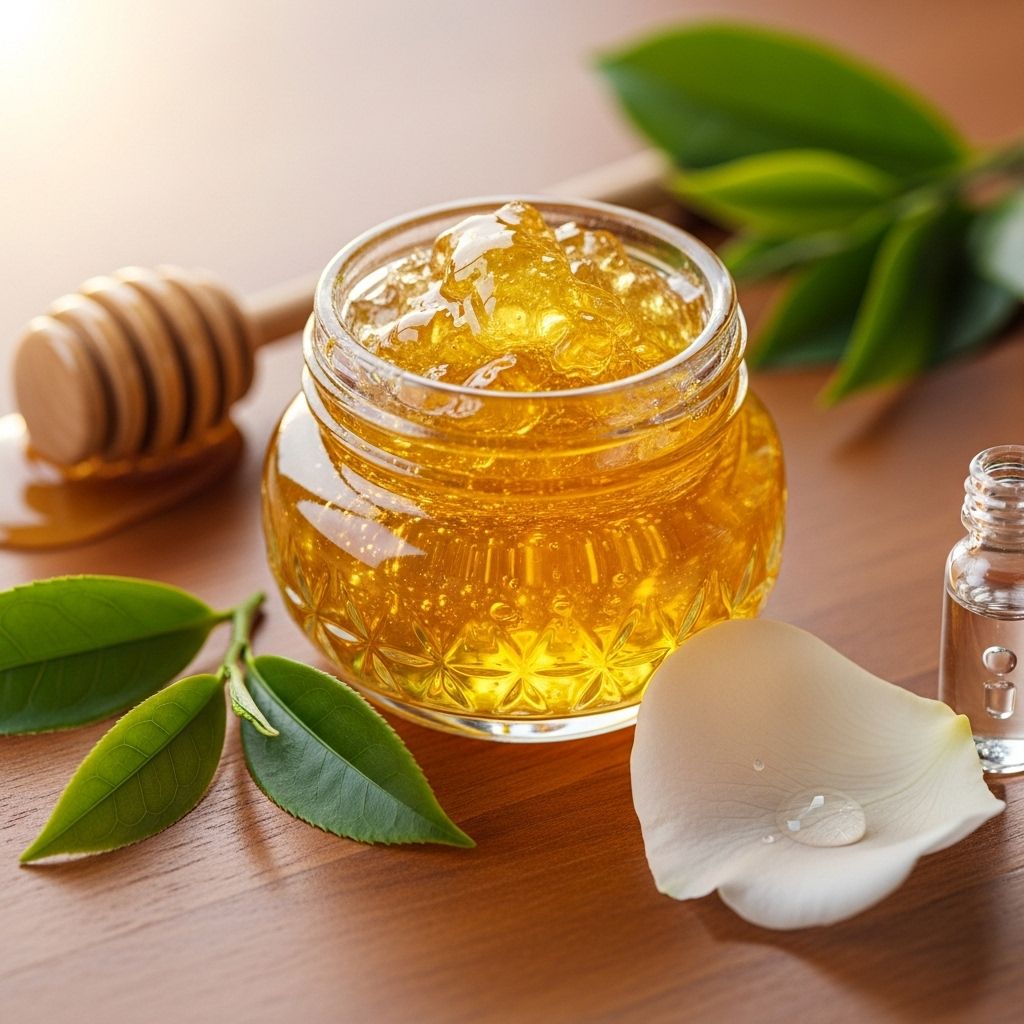
Royal Jelly: An Overview of Nature’s Superfood
Royal jelly, produced by honeybees, is a nutrient-rich substance designated exclusively for feeding queen bees, helping them thrive and live longer than worker bees. Revered for centuries in traditional medicine, royal jelly is marketed today as a superfood supplement reputed to enhance vitality, support immunity, and provide a wide range of health benefits. This article delves into the origins, composition, uses, scientific evidence, and safety considerations surrounding royal jelly to empower you with balanced, well-researched insights.
What is Royal Jelly?
Royal jelly is a thick, milk-white fluid secreted by the hypopharyngeal and mandibular glands of young nurse bees. It serves as the sole food for queen bees throughout their development and adult life, while worker bees receive royal jelly only briefly after hatching. This unique food is what allows a queen bee to grow larger, live longer, and become fertile, distinguishing her from other bees in the colony.
- Origin: Exclusively produced by Apis mellifera (honeybees)
- Appearance: Creamy, viscous, with a slightly sour or bitter taste
- Function in the hive: Nourishes queen bees, essential for hive development
Nutritional Composition of Royal Jelly
The remarkable health-promoting reputation of royal jelly springs from its complex composition, which includes:
- Water (60–70%)
- Proteins and peptides (9–18%) – Including Major Royal Jelly Proteins (MRJPs) such as royalactin
- Sugars (7–18%) – Mainly glucose and fructose
- Fatty acids (3–8%) – Notably, 10-hydroxy-2-decenoic acid (10-HDA)
- Vitamins – B-complex (notably B5, B6), C, D
- Minerals – Potassium, calcium, zinc, iron, and manganese
- Other constituents: Hormones (estrogenic compounds), flavonoids, polyphenols, neurotransmitters
| Component | Percentage/Presence | Notable Role |
|---|---|---|
| Water | 60–70% | Solvent, consistency |
| Proteins | 9–18% | Growth, tissue support |
| Sugars | 7–18% | Energy |
| Fatty acids | 3–8% | Antibacterial, anti-inflammatory |
| Vitamins | Numerous | Metabolism, immunity |
| Minerals | Trace | Enzymatic activity |
Evidence-Based Health Benefits of Royal Jelly
Royal jelly’s broad range of bioactive compounds has prompted exploration into its effects on human health. Here are some of the top science-supported and traditional health benefits attributed to royal jelly:
1. Boosts Immunity
The vitamins (especially B, C, D) and key minerals (zinc, magnesium) in royal jelly are crucial for immune system resilience. Studies suggest regular supplementation may help the body resist infections and promote a balanced immune response.
2. Antioxidant and Anti-inflammatory Effects
Royal jelly contains unique amino acids, fatty acids, and phenolic compounds that act as antioxidants, neutralizing harmful free radicals. Several in vitro and animal studies demonstrate reduced inflammatory responses and oxidative stress, linking royal jelly to improved cellular health and chronic disease prevention. Human data remains limited but promising.
3. Improved Energy and Reduced Fatigue
The B vitamins found in royal jelly are central to energy metabolism, helping the body convert food into usable energy. Many users report a subjective reduction in tiredness and improved vitality after supplementing with royal jelly.
4. Supports Skin Health and Wound Healing
- Contains anti-inflammatory agents that soothe irritated skin
- Rich in antioxidants, promoting youthful, radiant skin
- Promotes collagen production for wound repair and skin elasticity
Topical application is common in cosmetics for its moisturizing and rejuvenating effects.
5. Enhances Hair Strength and Shine
- Delivers nutrients to hair follicles, supporting hair growth and resilience
- Used in shampoos and hair masks for added volume and shine
6. Balances Hormones and Supports Menopausal Health
Royal jelly shows mild estrogenic activity due to certain phytoestrogen compounds, potentially aiding hormonal balance. It’s traditionally used to help alleviate symptoms associated with menopause and menstruation, such as hot flashes, mood swings, and fatigue.
7. Supports Cardiovascular Health
Royal jelly may improve cholesterol profiles, reduce oxidative damage to arteries, and promote healthy blood vessel function. Some human and animal studies showed reductions in total and LDL (‘bad’) cholesterol, though research findings are mixed and more studies are needed.
8. Regulates Blood Sugar
- Antioxidant and anti-inflammatory actions improve insulin sensitivity.
- Some studies report decreased blood sugar levels in both animals and humans after supplementation.
9. Cognitive and Neurological Benefits
- Bioactive ingredients may protect against neurodegeneration and stress-related changes in the brain
- Animal research suggests potential for memory improvement and neuroprotection, though human studies are emerging
10. Anti-allergic and Antimicrobial Properties
- Exhibits antibacterial, antifungal, and anti-inflammatory effects on various pathogens
- May provide mild relief for mild allergic symptoms due to immunomodulatory action
11. Enhances Fertility and Reproductive Health
- Traditionally believed to support reproductive hormone balance
- Preliminary evidence suggests benefits in fertility health, but robust clinical trials are needed
12. Liver and Kidney Support
Some animal and early human research suggests royal jelly may help protect the liver and kidneys from oxidative stress and damage, supporting detoxification and metabolic efficiency.
Common Uses of Royal Jelly
Royal jelly’s versatility is reflected in its many applications across health, wellness, and cosmetic industries. Common forms include:
- Oral supplements (fresh, capsules, tablets, powders, ampoules, honey blends)
- Topical products (creams, lotions, serums for skin and hair)
- Functional foods and beverages
Recommended Dosage and How to Take Royal Jelly
There is no universal dosage for royal jelly, as optimal amounts depend on age, health goals, and the form of the product. However, typical adult dosages range from 500mg to 3000mg daily, either as a single dose or divided through the day.
- Start low, increase as tolerated: Begin with a small amount (e.g., 100–300mg) to assess tolerance, especially if you have no prior exposure to bee products.
- Forms and methods of use:
- Fresh or refrigerated royal jelly (under the tongue or mixed into food)
- Freeze-dried capsules or tablets
- Topical application for skin or hair (as directed)
Consult with a healthcare professional before starting supplementation, especially if you have underlying conditions or are pregnant or breastfeeding.
Potential Side Effects and Safety Precautions
While royal jelly is generally considered safe for most people when taken in moderate amounts, it may cause side effects in some cases:
- Allergic reactions: Especially in individuals with bee product allergies or asthma. Reactions may include itching, skin rashes, asthma, and even anaphylaxis in severe cases.
- Digestive discomfort: Nausea, diarrhea, stomach cramps in sensitive individuals.
- Drug interactions: May interact with blood pressure or anticoagulant medications.
Precautions:
- Avoid royal jelly if you have a known allergy to bees, pollen, or honey.
- Pregnant or breastfeeding women should consult their healthcare provider before using royal jelly products.
- Monitor for symptoms of hypersensitivity, especially if you have a history of allergies.
How to Purchase and Store Royal Jelly
- Quality matters: Choose products from reputable brands that use third-party purity and safety testing.
- Form: Fresh royal jelly must be refrigerated. Freeze-dried or encapsulated versions offer a longer shelf life and easier handling.
- Packaging: Opt for dark glass containers to avoid nutrient degradation by light.
Frequently Asked Questions (FAQs) About Royal Jelly
Q: What makes royal jelly different from honey and bee pollen?
A: Unlike honey, which is an energy-rich sugar made by adult worker bees, and bee pollen, which comes from flower pollen packed by the bees, royal jelly is a glandular secretion designed solely to nourish the queen bee, giving her remarkable size and lifespan.
Q: Can royal jelly help with menopausal symptoms?
A: Some evidence and traditional use suggest royal jelly’s phytoestrogen content might help balance hormones and alleviate menopausal symptoms, but more clinical research is required to define its effectiveness.
Q: Are there scientific studies supporting the use of royal jelly for cholesterol?
A: Several studies have found that royal jelly supplementation may improve cholesterol profiles, but results are mixed. More research is needed before definitive recommendations can be made.
Q: Who should avoid royal jelly?
A: Individuals allergic to bee stings, honey, or pollen, and those with asthma, should avoid royal jelly due to the risk of severe allergic reactions. Pregnant or breastfeeding women should consult a doctor before use.
Q: Is royal jelly suitable for children?
A: While small amounts may be safe for children, parents should consult a paediatrician before adding royal jelly to a child’s diet, especially in cases of allergy risk.
Conclusion
Royal jelly is a unique and potent substance, offering a blend of nutrients and bioactive compounds not found in other foods. Backed by both traditional use and scientific exploration, its potential benefits span immunity, skin health, energy, and more. However, users should approach royal jelly with mindfulness regarding allergies and seek professional guidance for chronic conditions or if pregnant or breastfeeding. As research evolves, royal jelly may continue to earn its place as a prized natural supplement in the pursuit of holistic wellness.
References
- https://manukahealth.com/en/blogs/articles/top-benefits-of-royal-jelly-supplements
- https://pmc.ncbi.nlm.nih.gov/articles/PMC11172503/
- https://www.ebsco.com/research-starters/nutrition-and-dietetics/royal-jelly-nutritional-supplement
- https://www.healthline.com/nutrition/royal-jelly
- https://www.mdanderson.org/cancerwise/what-is-royal-jelly.h00-159773289.html
- https://health.clevelandclinic.org/royal-jelly-benefits
- https://pmc.ncbi.nlm.nih.gov/articles/PMC5549483/
Read full bio of Sneha Tete

